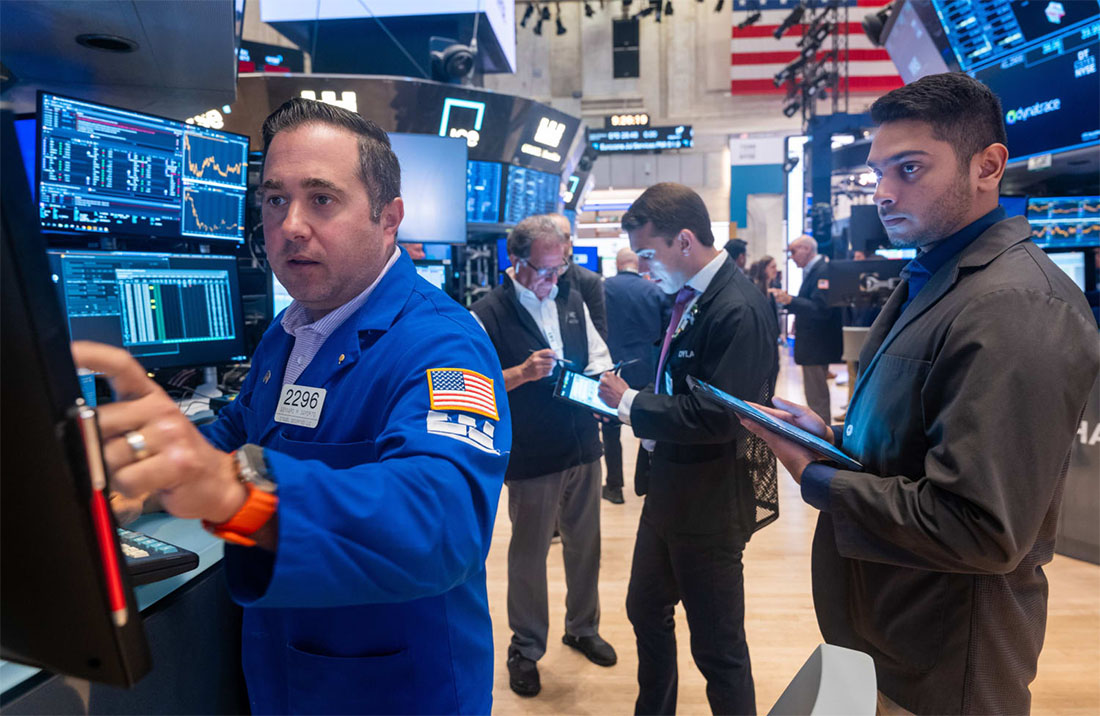
Photo Credit: Getty Images
Stock markets worldwide plummeted on Monday as weak U.S. economic data fueled concerns of a looming recession in the world's largest economy. The selloff, which began in Asia and spread to Europe, is expected to hit Wall Street hard when trading opens.
Japan's Nikkei 225 index suffered its worst single-day loss in 37 years, plunging 12.4% or 4,451 points - the largest point drop in its history. Other Asian markets followed suit, with indices in Taiwan, South Korea, India, Australia, Hong Kong and Shanghai all posting significant losses.
The rout continued in Europe, where London's FTSE 100 fell 2.8%, Paris' CAC-40 dropped 2.5%, and Frankfurt's DAX slid 3.2% by midday trading.
"You don't get the Nikkei falling by its largest amount in nearly 40 years without some kind of repercussions across European markets," said Chris Beauchamp, chief market analyst at IG Group.
The catalyst for the global selloff was Friday's disappointing U.S. jobs report. Employers added just 114,000 jobs in July, far below expectations, while unemployment rose to 4.3% - its highest level in nearly three years.
"There's been a big shift in market expectations about where we are in the economic cycle and if we're actually seeing some slowing and what central banks should be doing about it," explained April La Russe, head of Investment Specialists at Insight Investment.
The weak data has intensified speculation that the U.S. Federal Reserve may need to cut interest rates sooner and more aggressively than previously anticipated. Markets now price in a 78% chance of a 50-basis-point cut at the Fed's September meeting.
Adding to investor anxiety, Warren Buffett's Berkshire Hathaway revealed it had sold about half its stake in Apple, raising concerns about the tech sector's lofty valuations. The Nasdaq index, home to many tech giants, has already entered correction territory after falling over 10% from its recent record high.
Gary Clyde Hufbauer, senior fellow at the Peterson Institute for International Economics, told Al Jazeera he expects a U.S. recession in 2025. "I'm expecting the Fed to start cutting the policy rate in September, and to continue cutting in subsequent meetings. That response will probably ensure a shallow recession," he said.
As markets brace for further volatility, investors await the release of the ISM Services Index later today, which will provide additional insights into the health of the U.S. economy. With global markets on edge, all eyes remain fixed on upcoming economic indicators and central bank responses to mounting recession fears.
















